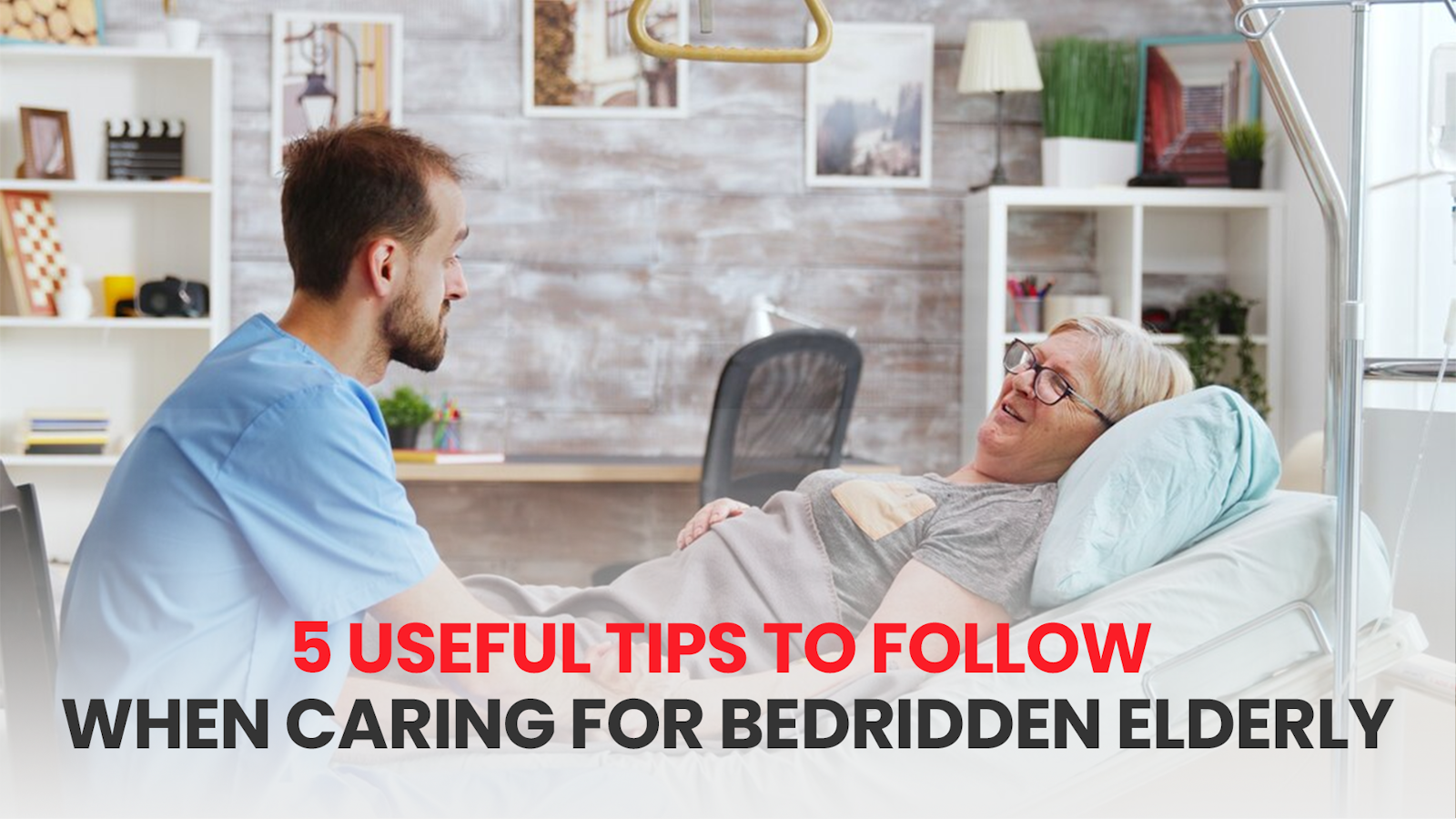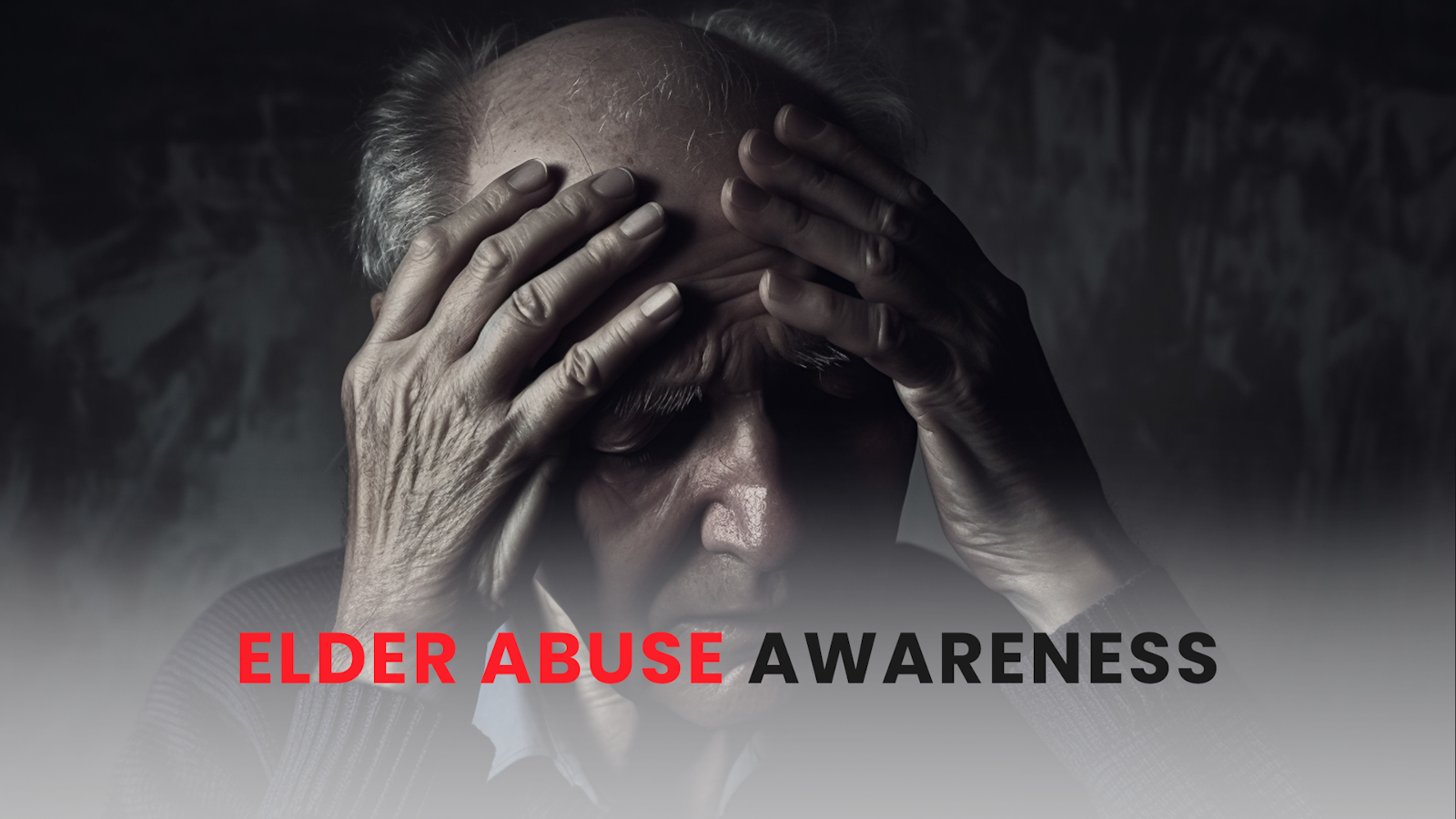
Abuse of any kind, especially against those unable to defend themselves, is unacceptable to most of us. Those who are unable to protect themselves are usually older people. Hence, Elder Abuse is the victimization of older adults.
Many of us are unaware of how pervasive it is. Although statistics estimate that one out of every ten elderly individuals is mistreated annually, the accurate figure is likely to be significantly higher because so much elder abuse goes unreported.

To broach, elder abuse is a complex matter, yet it is necessary to do so. The following are examples of Elder Abuse:
Elder Abuse encompasses a wide range of conditions. Elder Abuse can entail both deliberate and unintentional neglect. To better serve our communities, we must address these types of injustice.
The signs of elder abuse may not be visible right away. Abuse may happen to members of our own families and to our senior neighbors, friends, and acquaintances. That’s why we must keep track and put elder abuse on our radars.
Experts from the National Center on Elder Abuse argue that no matter how old we are, we must all be treated as full members of our communities. However, some elderly people may be more vulnerable to neglect or Abuse since they are not visible to other community members.
Elder abuse is more likely when an older adult is reliant on others owing to mobility issues, dementia, or other impairments. However, it occurs in seniors of all socioeconomic and health statuses. It might happen in the person’s home, a care facility, or a family member’s home.
The following are signs of Physical Abuse:
Following are examples of Emotional/Psychological Abuse:
The following are signs of financial exploitation or Abuse:
Everyone must play a role in ensuring the safety of the elderly. Advocates want physicians, bank personnel, and law enforcement to be more aware of the situation. The general population is also encouraged to be mindful of the warning signs:
Seniors who are mistreated may be uncomfortable or hesitant to speak up. They may not want to offend a family member. May be They can be afraid of retaliation from the abuser. They may also assume that the abuser is the only person who can help them.
If you believe an older person has been abused, convince them it is not their fault. Please explain your concern and offer to assist them in obtaining assistance. Inform the appropriate adult protective services agency of your problems.
Every senior citizen deserves to feel comfortable in their home and have their caretakers respect them. My Noble Care caregivers are vetted, supervised, and trained to satisfy clients’ and families’ physical, emotional, and safety requirements. Request a care consultation at your nearest My Noble Care location now.

Healthy Aging, Brighter Living. Fill the golden years with happiness at Noble Care.
NOBLE CARE (M) SDN.BHD. 201001020128 (903876-P)
No. 2-1, Jalan 9/5T, USJ 9 Subang Bussiness Center Subang Jaya, Selangor 47620 Malaysia
Chat on Whatsapp